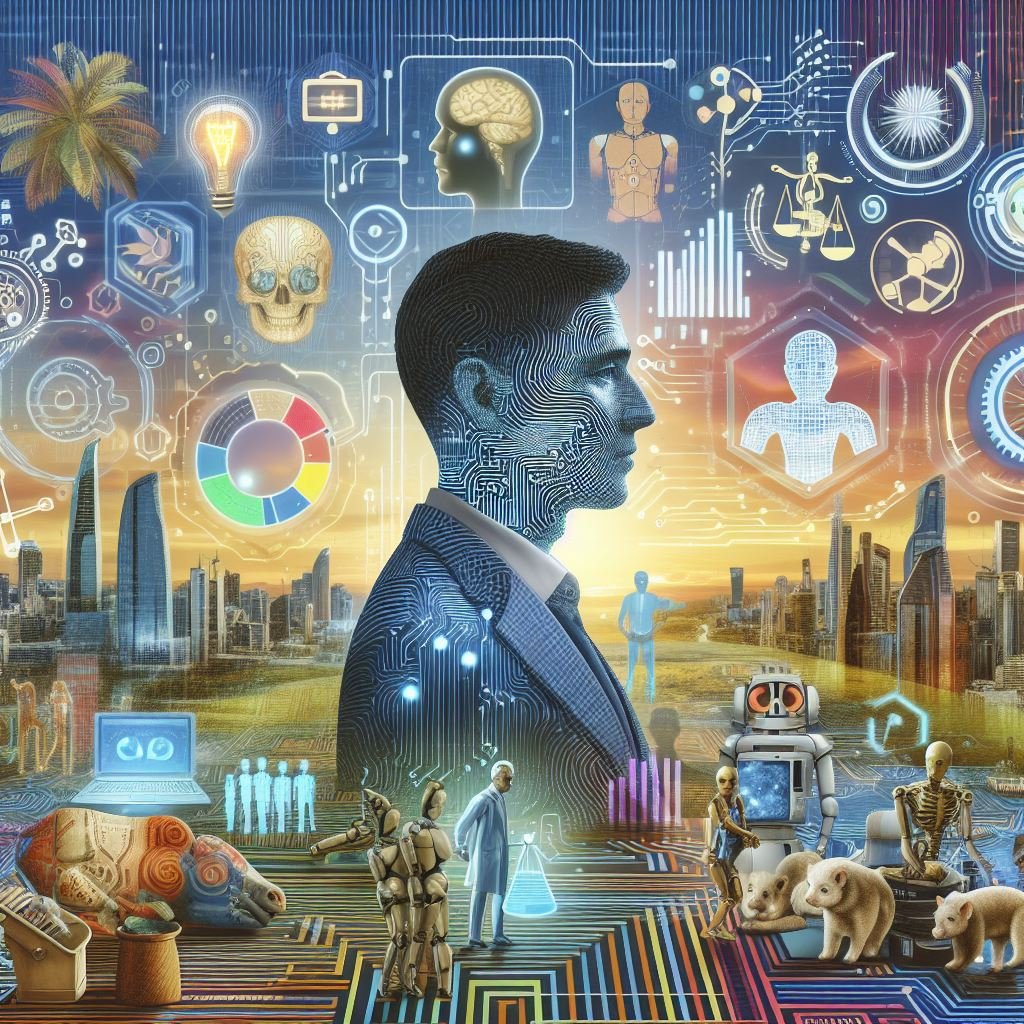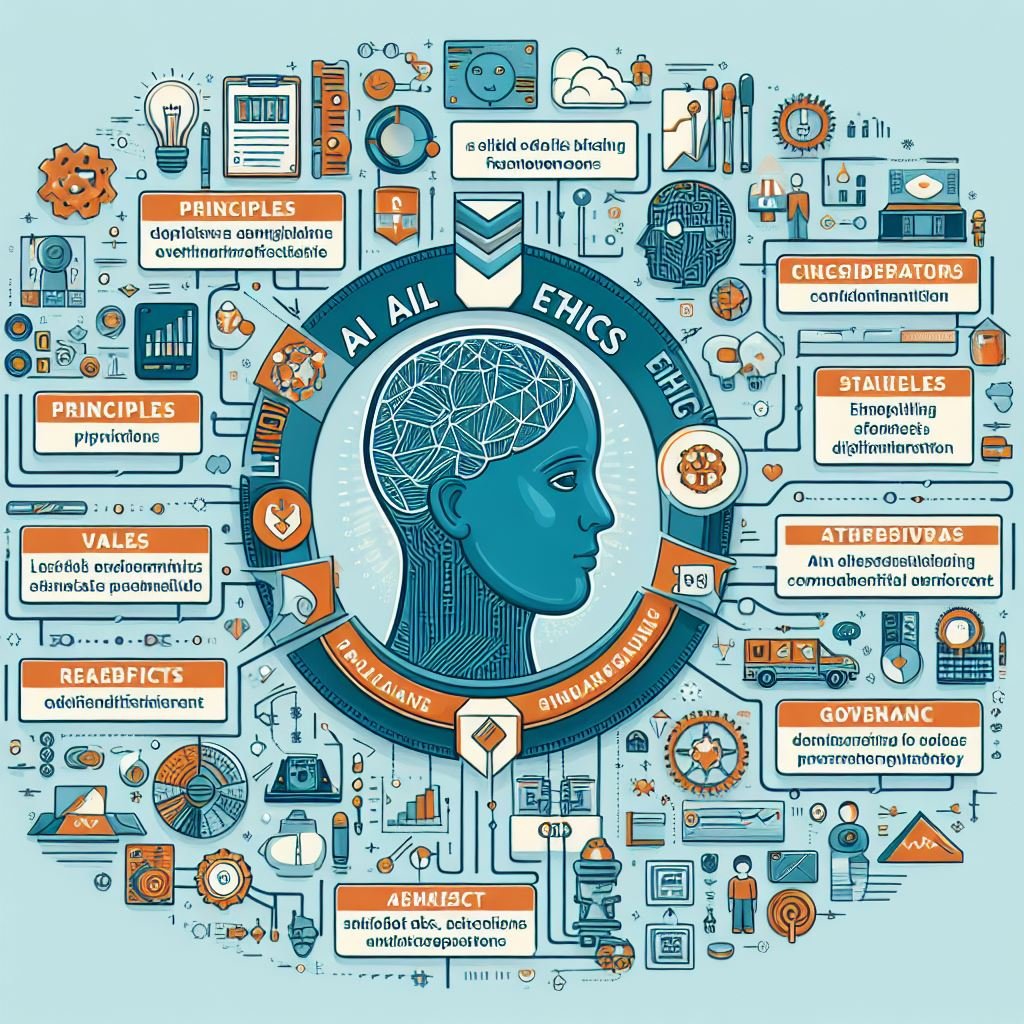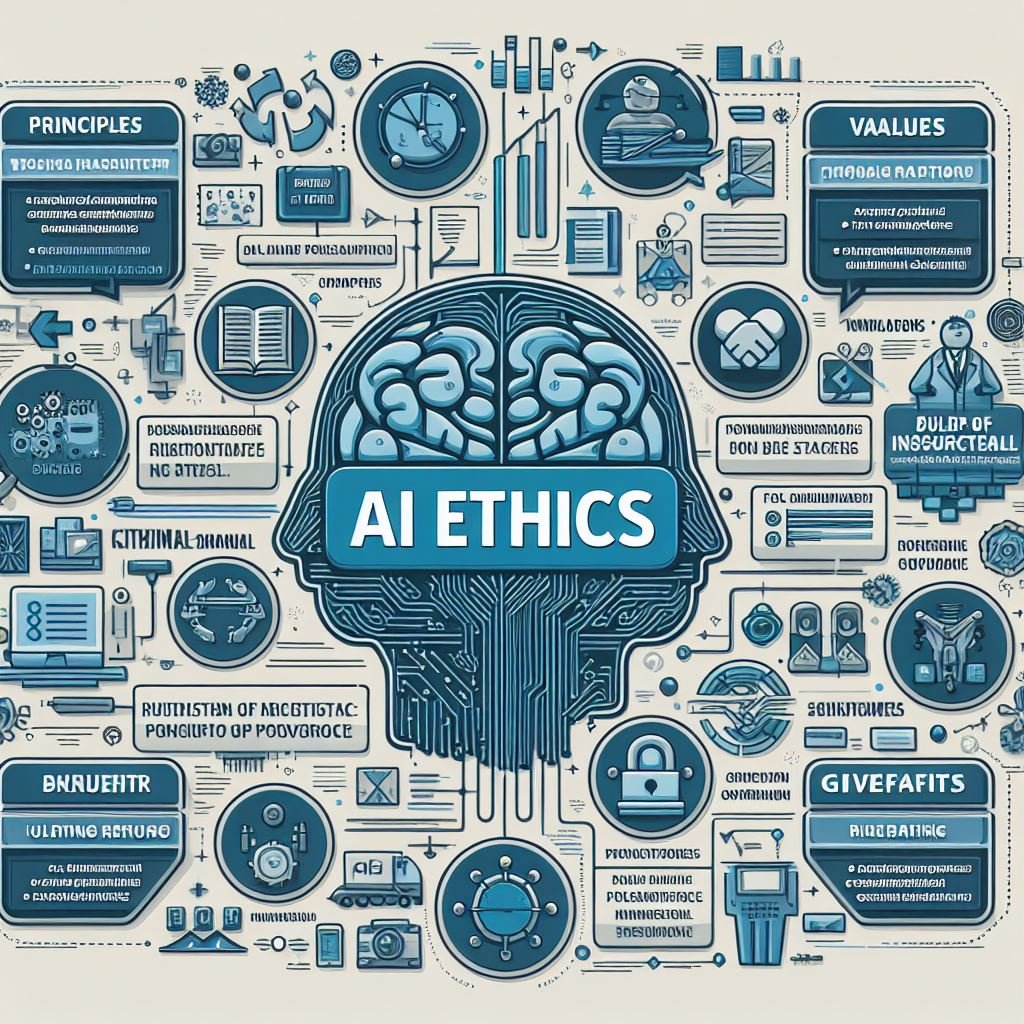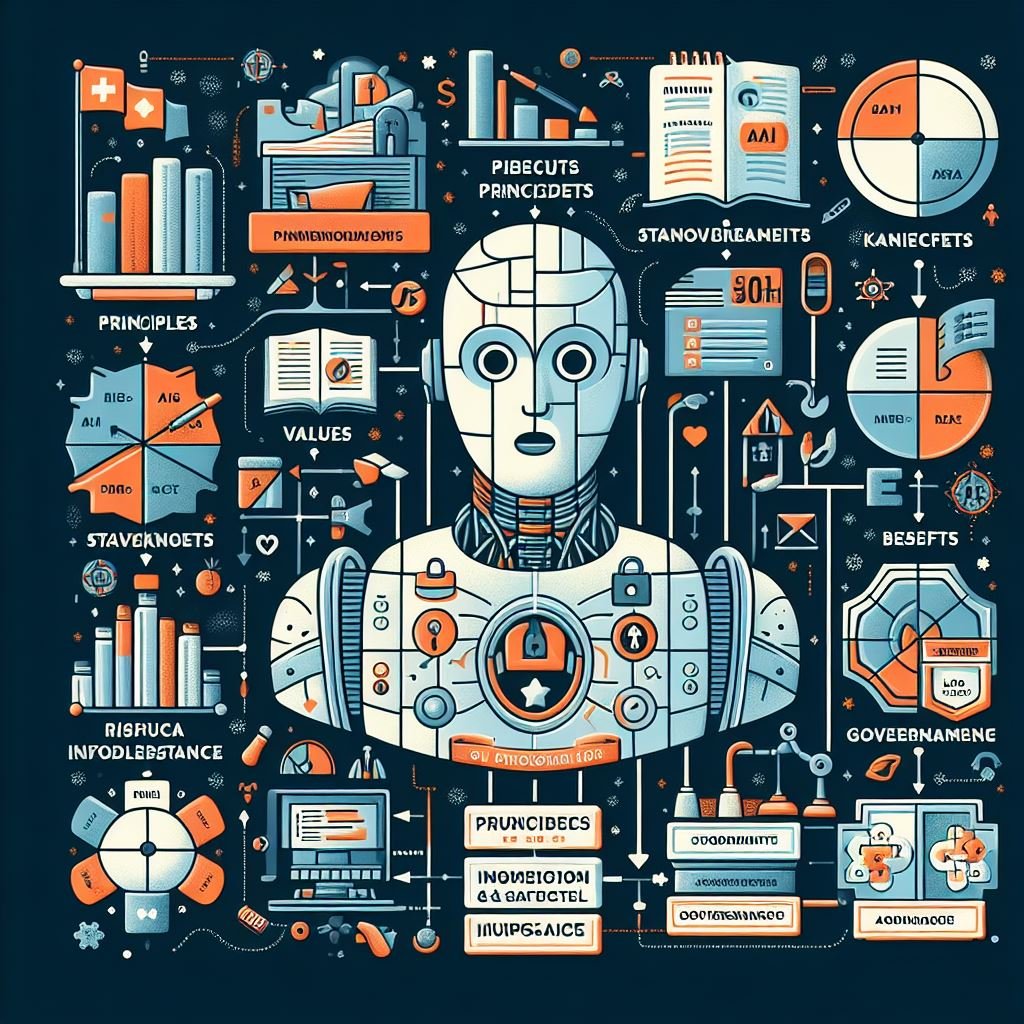Introduction to AI Ethics
In the realm of technological advancements, AI Ethics emerges as a critical concern. As artificial intelligence continues to shape our world, ethical considerations become paramount. Addressing the multifaceted challenges and opportunities, this article delves into the intricacies of AI Ethics.
Understanding the Foundations of AI Ethics
AI Ethicl is rooted in principles that guide the development and deployment of artificial intelligence technologies. Examining the ethical foundations helps us comprehend the importance of responsible AI practices and the impact they have on society.
Challenges and Controversies in AI Ethics
Explore the nuanced challenges and controversies surrounding AI Ethicl. From biased algorithms to privacy concerns, understanding the ethical pitfalls is crucial for creating a framework that ensures AI technologies benefit humanity without compromising values.
The Role of Regulations in Shaping AI Ethics
Governmental and industry regulations play a pivotal role in shaping the ethical landscape of AI. This section delves into the current regulatory frameworks and their impact on fostering responsible AI development and usage.
AI Ethics in Real-world Applications
Analyzing the practical implications of AI Ethicl, this section explores how ethical considerations are integrated into real-world AI applications. Case studies and examples demonstrate the practical implementation of ethical principles.
Balancing Innovation and AI Ethics
Striking a balance between fostering innovation and upholding ethical standards is a delicate task. This part of the article delves into the challenges organizations face in maintaining this equilibrium and provides insights into successful approaches.
The Human Element in AI Ethics
Examining the human aspect of AI, this section explores the ethical responsibilities of developers, researchers, and users. Understanding the human element is crucial for fostering a culture of ethical AI development and usage.
Evaluating the Social Impact of AI Ethics
AI Ethicl extends beyond individual applications to influence society at large. Explore how ethical considerations in AI impact communities, social structures, and the overall fabric of our interconnected world.
AI Ethics and Global Collaboration
Given the global nature of AI, collaboration is key to establishing universally accepted ethical standards. This section discusses the importance of international cooperation in addressing the ethical challenges posed by artificial intelligence.
The Future of AI Ethics
Looking ahead, this section explores the evolving landscape of AI Ethicl. From emerging ethical challenges to advancements in ethical frameworks, understanding the future trajectory of AI Ethices is essential for preparing for what lies ahead.
Uses of AI
| Use Case | Description |
|---|---|
| Healthcare | AI is revolutionizing healthcare with applications like diagnostics, personalized treatment plans, and drug discovery. |
| Finance | In the financial sector, AI aids in fraud detection, risk assessment, and algorithmic trading, streamlining processes and enhancing security. |
| Education | AI is transforming education through personalized learning, intelligent tutoring systems, and educational data analysis, catering to individual student needs. |
| Autonomous Vehicles | The automotive industry utilizes AI for developing self-driving vehicles, enhancing safety, and optimizing traffic flow. |
| Customer Service | AI-powered chatbots and virtual assistants are employed in customer service, providing instant responses and improving user experience. |
| Cybersecurity | AI enhances cybersecurity by identifying and preventing threats, detecting anomalies, and fortifying digital defense mechanisms. |
| Agriculture | Precision farming leverages AI for crop monitoring, pest control, and yield prediction, optimizing agricultural practices for sustainability. |
| Entertainment | AI contributes to the entertainment industry through content recommendation algorithms, virtual reality experiences, and AI-generated art and music. |
| Environmental Monitoring | AI is instrumental in environmental monitoring, analyzing data from satellites and sensors to track climate change, deforestation, and biodiversity. |
| Human Resources | In HR, AI is used for talent acquisition, employee engagement, and performance analysis, streamlining processes and improving decision-making. |
Conclusion
In conclusion, prioritizing AI ethics is imperative for responsible development and deployment. Balancing innovation with ethical considerations ensures a harmonious integration of artificial intelligence into society, fostering trust and minimizing potential risks.




